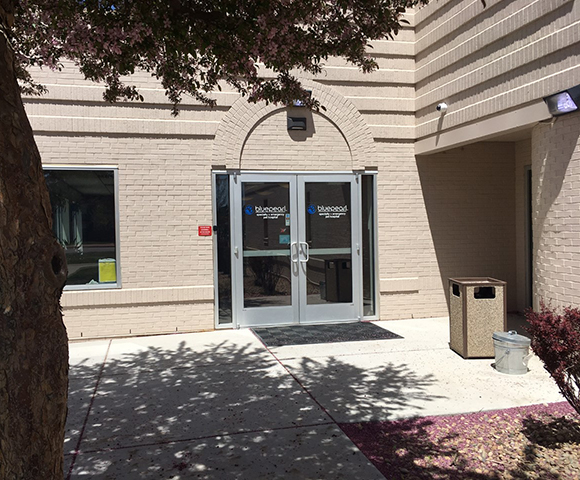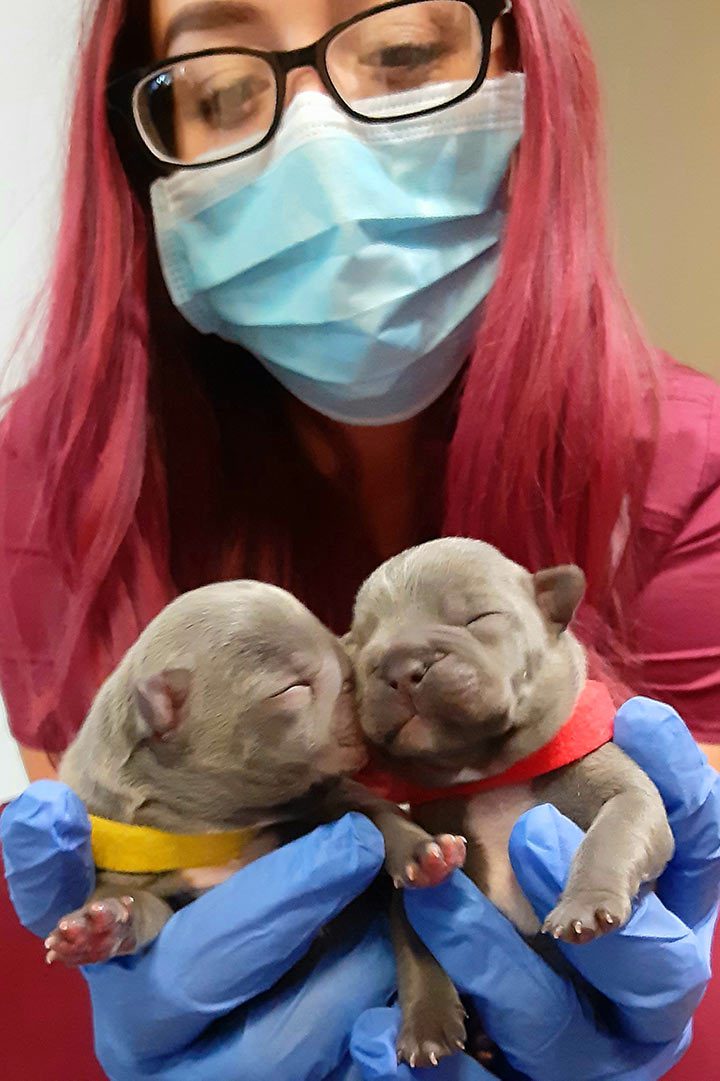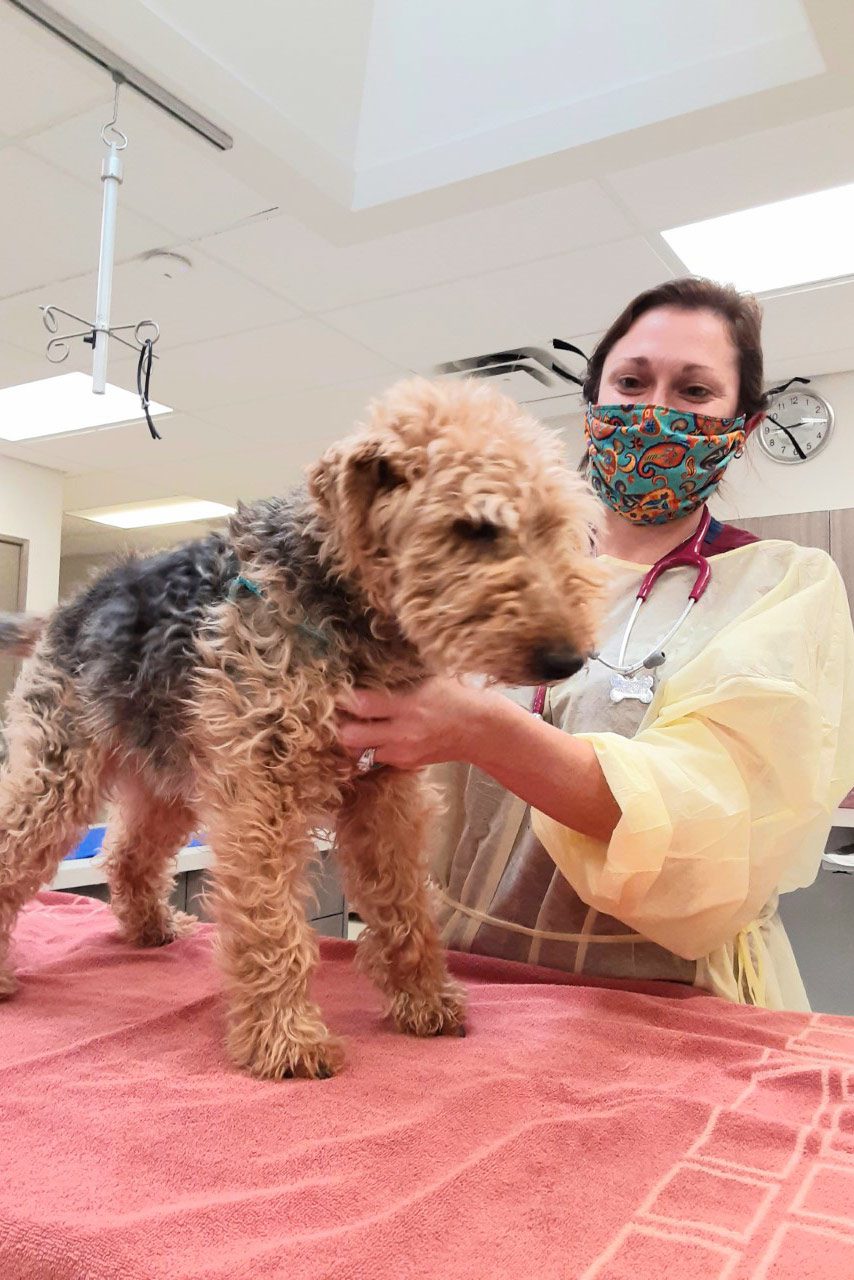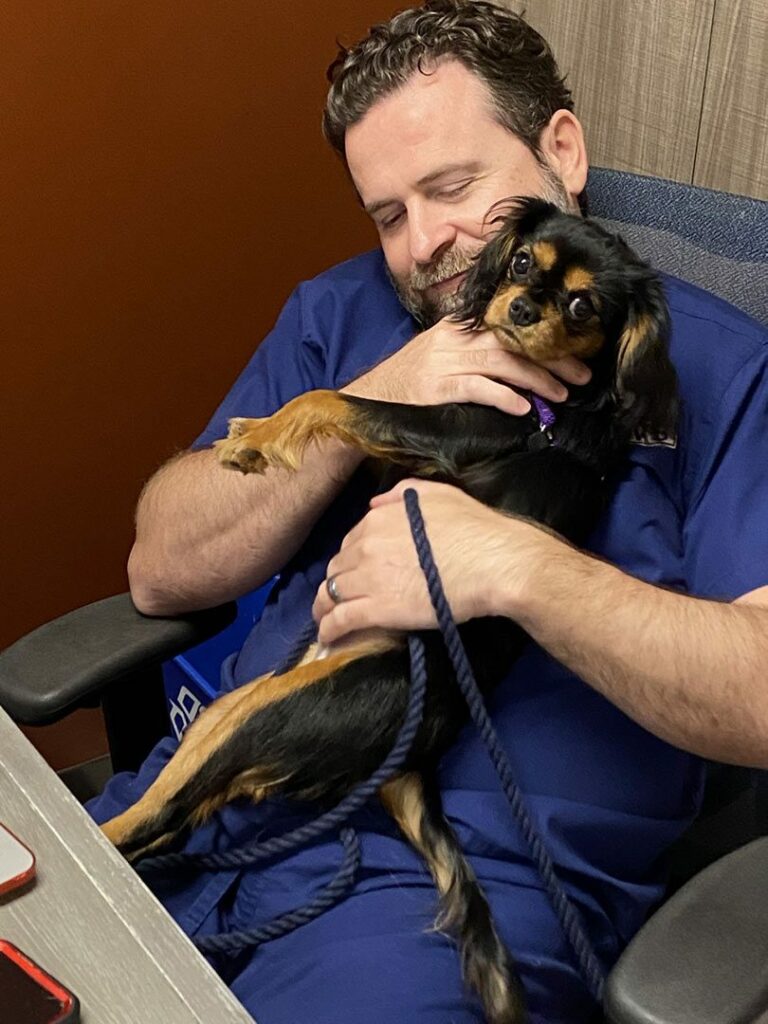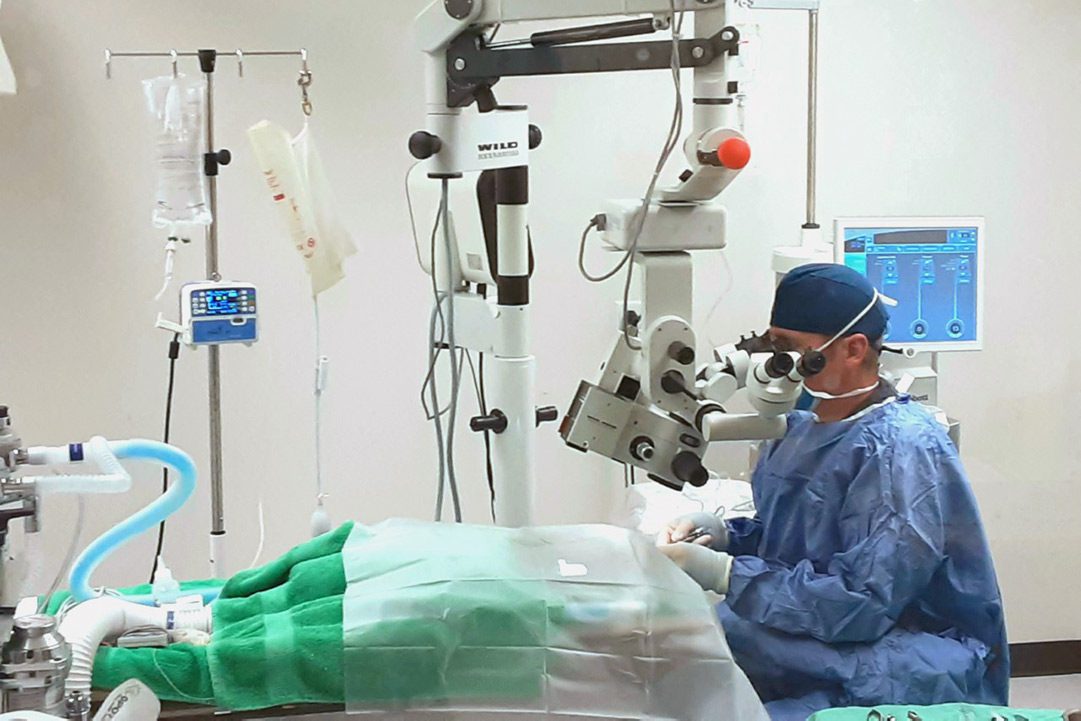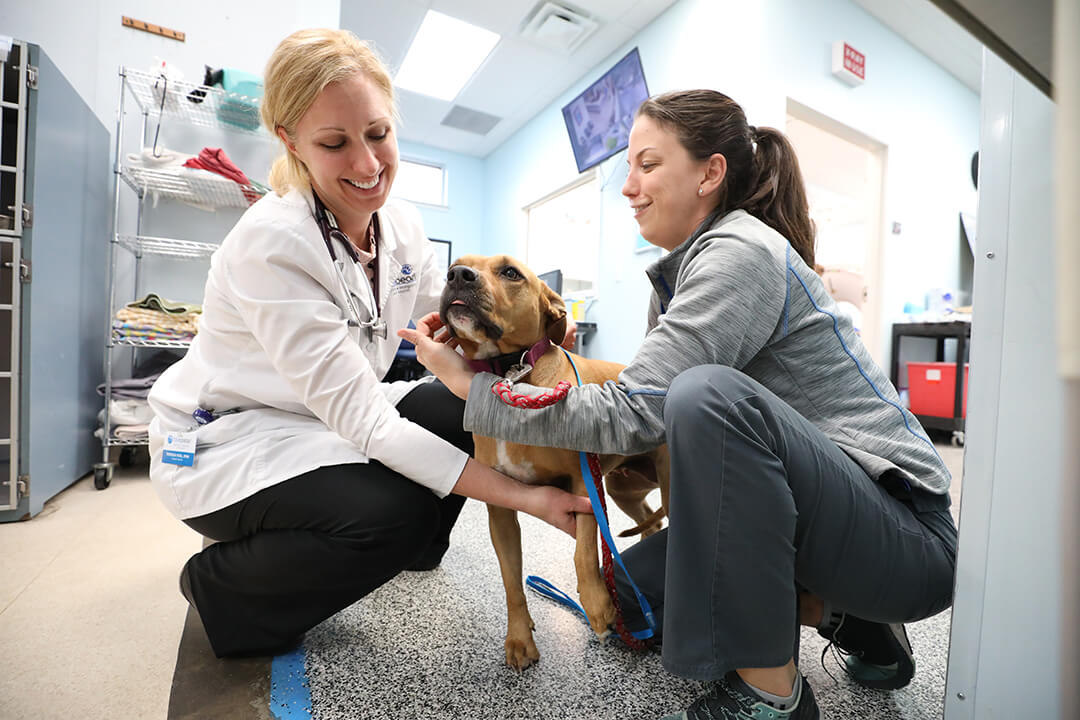NEW: We now offer a comprehensive range of patient-centered oncology services, designed to empower you on your pet’s journey and ensure that your pet receives the best medical treatment.
BluePearl Pet Hospital - located in Lafayette, CO.
Our services.
Our
veterinarians.
About BluePearl Pet Hospital Lafayette.
Testimonials.
“My 14-week-old kitten had a growth or abscess on his neck. He was referred to BluePearl Pet Hospital in Lafayette by my primary vet. The only way to have this removed was by doing a risky surgery. He could have died, but because of the surgery team and BluePearl staff, my little kitty survived and had this growth removed. I am so thankful they were able to do the surgery and keep him alive. I will forever be grateful!” — Amy F.

